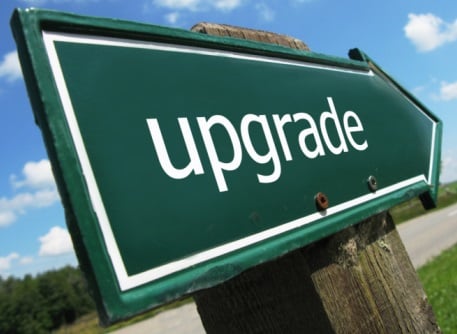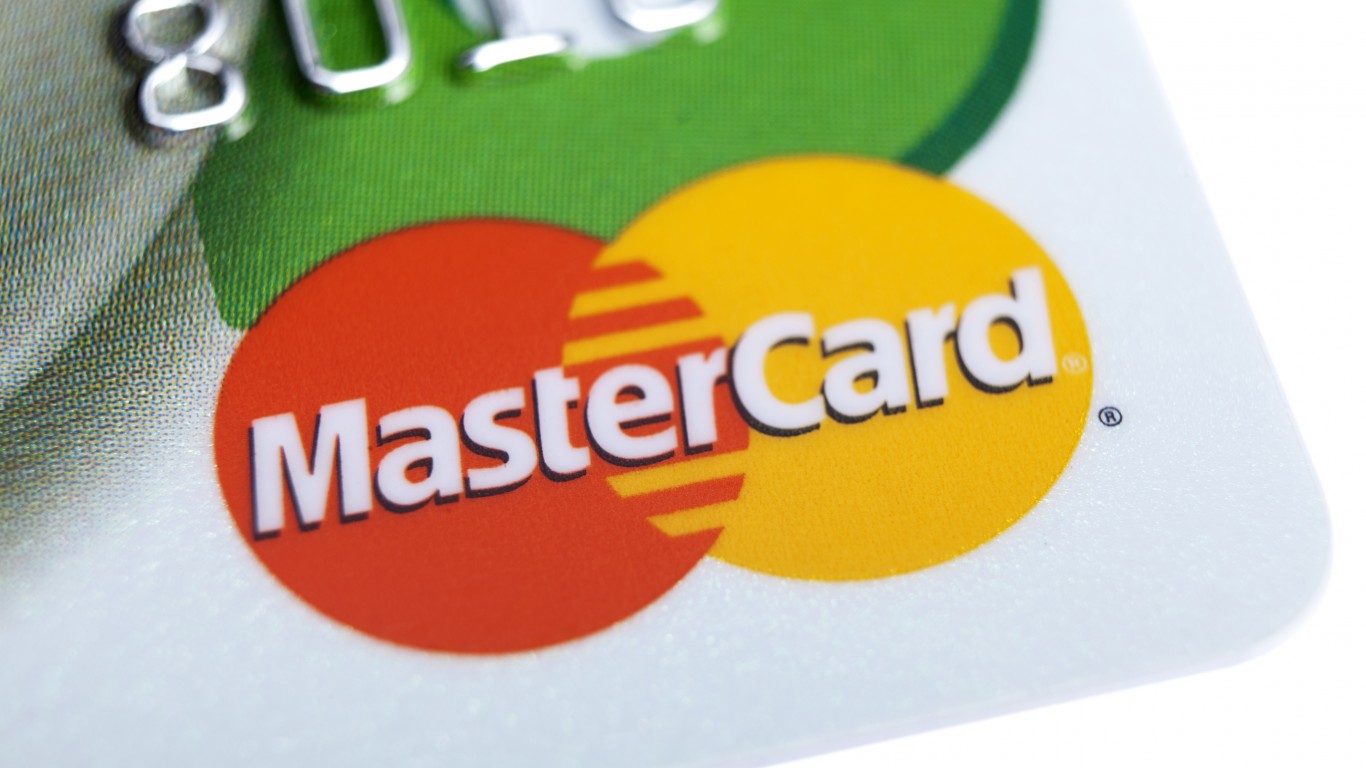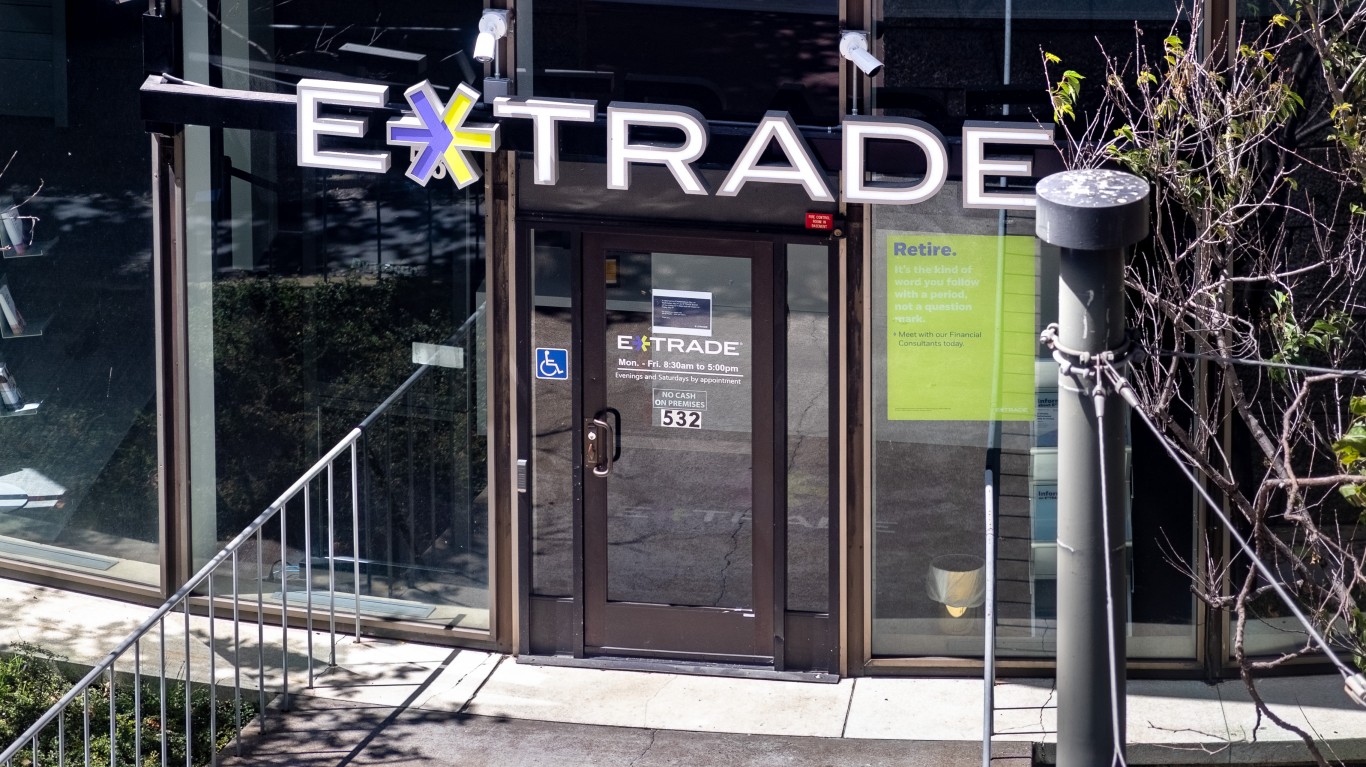Argus raised its rating on Capital One Financial Corp. (NYSE: COP) to Buy from Hold and set a target price of $92, implying 16% appreciation potential in the year ahead, including the 1.9% dividend yield. Source: Thinkstock
Source: Thinkstock
The firm believes that the shares have found support following a sell-off precipitated by weak second-quarter earnings. It also has a favorable view of the company’s planned acquisition of an $8.5 billion health care loan portfolio from GE Capital announced on August 11. In Argus’ opinion, this deal will enable Capital One to diversify its lending business and to expand in a fast-growing industry segment with better credit quality than its current portfolio mix.
Capital One is paying a 6% premium to the par value of receivables for the GE portfolio. While average interest rates on the underlying portfolio were not provided, the premium implies that the portfolio will not be accretive in year one, according to the firm. However, it should provide immediate scale and new opportunities for Capital One in the fast-growing health care segment.
Argus noted that Capital One’s second-quarter results included a higher reserve build than most analysts had anticipated, reflecting greater loss rates on energy and auto loans, and the seasoning of credit card loans. The large health care loan addition should help to improve loss rates on the overall portfolio. It should also boost commercial loans to about 28% of average loans from a current 25%. Commercial categories have grown at a mid- to high-single pace, slower than domestic credit cards, but well ahead of a flat consumer banking segment.
On July 23, Capital One reported second-quarter earnings per share (EPS) of $1.50, down 26% from $2.04 a year earlier and well below the $1.97 consensus, as well as net revenues of $5.7 billion, which rose 4%.
ALSO READ: Oppenheimer Lifts Financials to Overweight: 4 Large Cap Leaders to Buy
Under the Basel III Standardized Approach, the company estimated a Tier 1 common equity ratio of 12.1% in the second quarter.
In the past 30 days, the 2015 consensus EPS estimate for Capital One has fallen to $7.19 from $7.71, which Argus believes factors in the weak second-quarter earnings and management’s second-half guidance. The firm’s 2015 EPS estimate is an above-consensus $7.28, representing a 4% decline from 2014, and the 2016 estimate is $7.82.
Argus projects 4% growth in earning assets in 2015, down from 5% growth in 2014. While competition has been evident in the commercial segment for some time, it is now also increasing in consumer lending.
Argus detailed in its report:
We suspect COF’s valuation, which is low relative to banks, reflects the company’s historical roots as a credit card lender, with high margins but also inherently high credit loss rates. COF’s current portfolio is 41% credit card, with auto, home loan and retail banking at 34%. Commercial loan categories make up the balance, and in 2016 will include GE’s $8.5 billion healthcare loan portfolio. We believe this mix shift offers an opportunity for valuation improvement and are raising our rating to BUY.
Shares of Capital One were up fractionally at $80.80 midday Thursday. The stock has a consensus analyst price target of $93.32 and a 52-week trading range of $72.77 to $92.10.
ALSO READ: Barclays Sees Higher Upside and Solid Value in Major Banks
Essential Tips for Investing: Sponsored
A financial advisor can help you understand the advantages and disadvantages of investment properties. Finding a qualified financial advisor doesn’t have to be hard. SmartAsset’s free tool matches you with up to three financial advisors who serve your area, and you can interview your advisor matches at no cost to decide which one is right for you. If you’re ready to find an advisor who can help you achieve your financial goals, get started now.
Investing in real estate can diversify your portfolio. But expanding your horizons may add additional costs. If you’re an investor looking to minimize expenses, consider checking out online brokerages. They often offer low investment fees, helping you maximize your profit.
Thank you for reading! Have some feedback for us?
Contact the 24/7 Wall St. editorial team.



